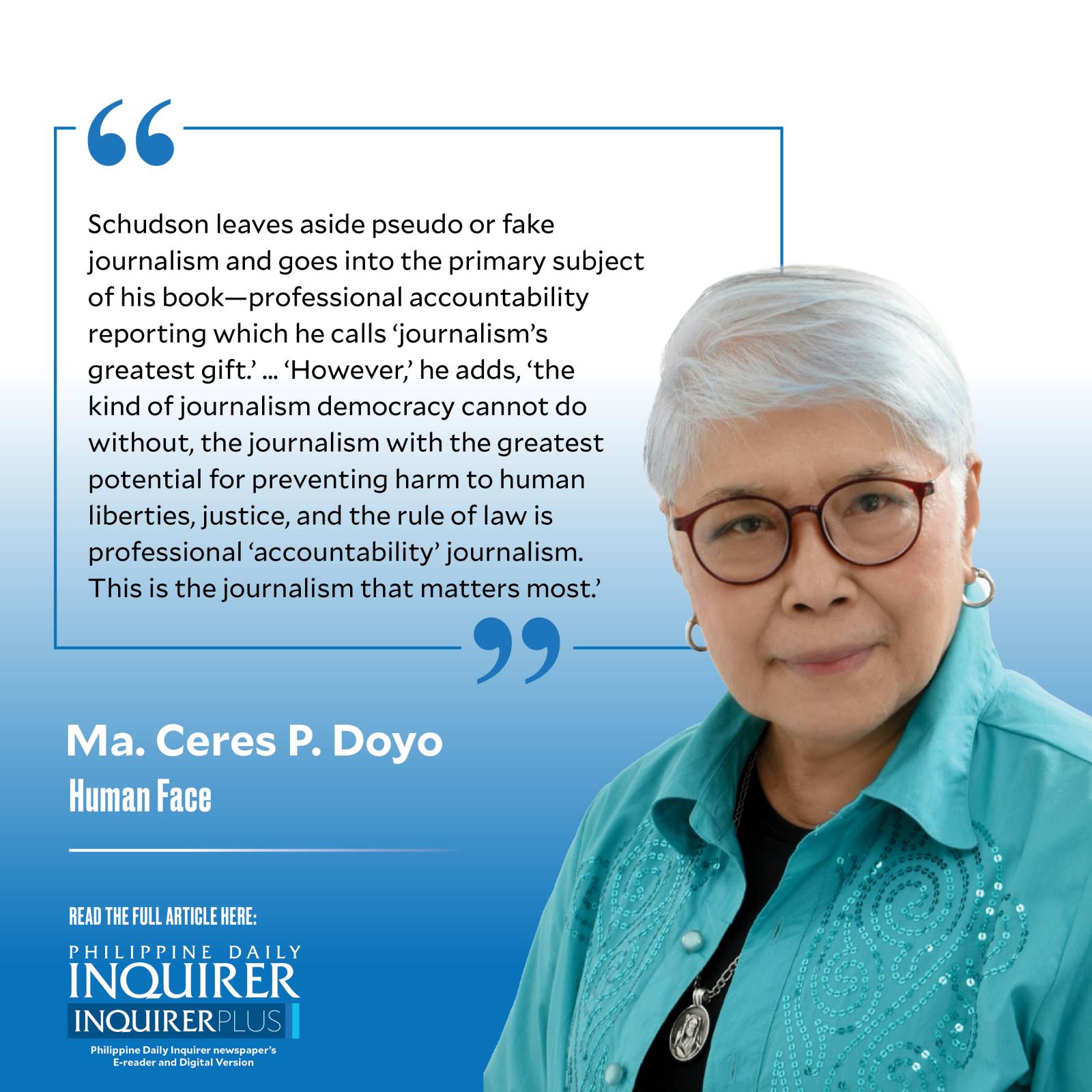
Aug. 30 was the 173rd birth anniversary of Marcelo H. del Pilar (nom de plume: Plaridel), also known as the father of Philippine journalism. Plaridel and his coeditors/writers in exile who published La Solidaridad (est. 1889) in Spain might be better labeled today as propagandists of the patriotic kind. But they were writers nonetheless, writers who used the power of the word to bring about needed change in the motherland.
Journalism, as we know it, may not be the oldest profession but writing could be older, as shown by ancient written scriptures, tales, and historical records that have come down to us in different mediums—sheep skin, stone tablets, papyrus scrolls, walls, etc. In different platforms, techies would say today. The Bible is an example of ancient writing, and without its writers many would have no basis for their beliefs.
Modern journalism as we know it—which is more than just news gathering—is only a few centuries old, 200 or 400 years, perhaps. As journalism practitioners (working journalists in the beats, fields, and trenches), we follow certain ethical standards, go through training and exposure, not to mention a baptism of fire sometime in our lives. The last one could be death-defying, hair-raising, life-changing. For many, journalism is not merely a career. It is a calling, a vocation. Awards are bonuses, affirmations. Some decades ago, I did write an essay titled “Nobody told me it would be like this.”
How apt that friend and colleague Sheila Coronel gifted each one of us in Women Writers in Media Now (est. 1981) with a copy of “Journalism: Why It Matters” by Michael Schudson, her colleague at Columbia University where she teaches and heads the Toni Stabile Center for Investigative Journalism. Here are my takeaways.
Schudson lays it down pat: “The world will survive without a lot of the journalism we have today, but the absence of some kinds of journalism would be devastating to the prospects for building a good society, notably a good democratic political system … I want to champion in particular the production of original reporting that in both general and specific ways holds government accountable when it is undertaken by reporters and, equally, photographers, documentary film-makers, bloggers, makers of podcasts, and others who operate according to the norms and practices of professional journalism.” Note the last 10 words of the sentence.
Schudson leaves aside pseudo or fake journalism and goes into the primary subject of his book—professional accountability reporting which he calls “journalism’s greatest gift.” He names three varieties: forms of community journalism, advocacy journalism, and informational journalism. “However,” he adds, “the kind of journalism democracy cannot do without, the journalism with the greatest potential for preventing harm to human liberties, justice, and the rule of law is professional ‘accountability’ journalism. This is the journalism that matters most.” Schudson then shows how this kind of journalism emerged—a very interesting read it is—from journalistic interviewing as first undertaken in the late 1800s to the formal professionalism of journalism and the establishment of journalism schools, first by Walter Williams and later by Joseph Pulitzer in 1912.
Schudson insists that “professionalism in journalism consists in knowing what ‘news’ is and how to locate it, how to verify it, and how to present it.” In the next breath, he says: “Telling stories is what journalists do. And telling stories is not reciting a list of facts but putting reported facts together in a way that might touch a reader or viewer. Committees awarding prizes for journalistic achievements recognize this and reward this.” He does not say it but I’d like to think that he means one must have a way with words and write well, a gift that the gods could steal from the lazy. He is big on “compulsiveness for accuracy.”
And here’s something that, I think, the late Inquirer editor in chief, Letty Jimenez Magsanoc, wanted the stories to pass: The “aim for the heart” test. It cannot all be facts and figures and what, where, when, why, and how. Schudson quotes award-wining journalist Richard Webster who won a Dart Center for Journalism and Trauma Prize as saying that “great stories [are] the ones that … make an emotional connection to readers.”
Oh, but there’s so much more in Schudson’s little book: assertive, compelling journalism, accountability journalism, watchdog reporting, investigative reporting, contextual and analytical reporting, also technology, name it. His final words: “Journalism matters in this complicated world—and as it is something that matters you can sign your name to it and make a difference.”
—————-
Send feedback to cerespd@gmail.com